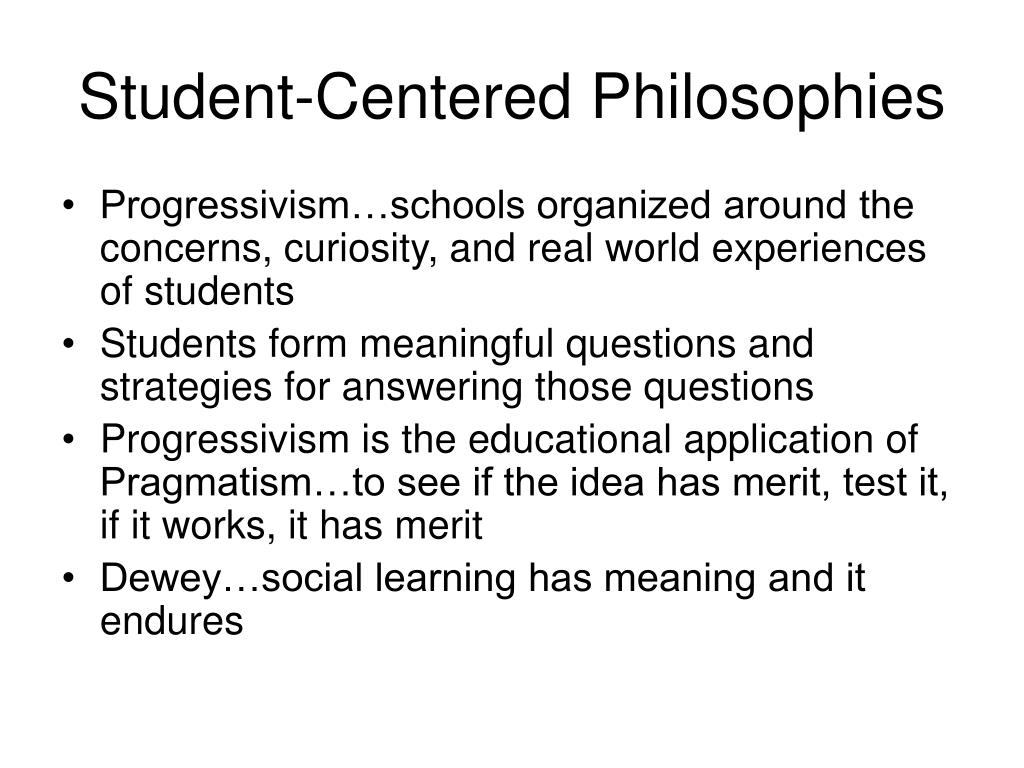Since Indian independence, the country’s politics have been marked by a struggle between a politics of self-interest and a politics driven by a disinterested vision of the good society. For Faisal Devji the 2024 election results mark a return to the latter, after the dominance of the former under BJP rule. The philosopher Hannah Arendt described any politics dedicated only to securing access to food, shelter, employment or other bodily needs as an animal politics. If it was not to degenerate into a quest to maximise material interests, she argued, politics had to offer a disinterested vision of the good society. Such a political vision is not just a luxury for wealthy societies but crucial for poor ones as well, since it is the only way in which citizens can imagine sharing a community with one another that is based on something more than necessity. Anything else, such as the rule of self-interest resulting in a beggar thy neighbour politics, produces social d…
Read the full article which is published on IAI TV (external link)







